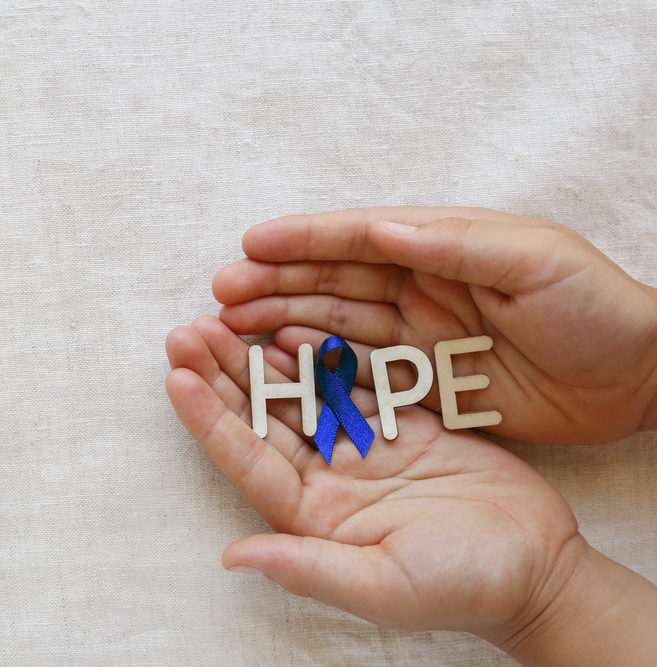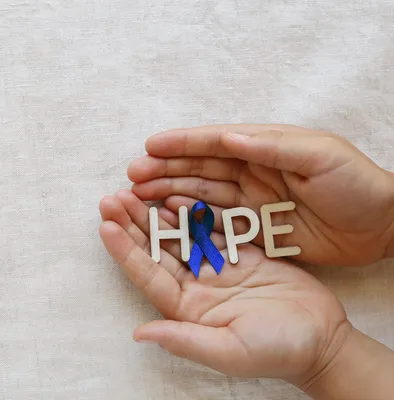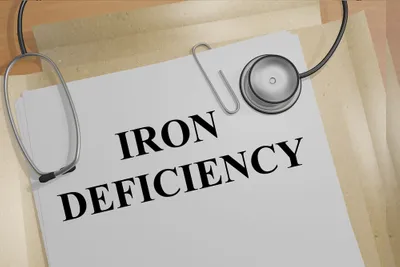Just the word colonoscopy alone is enough to make some adults uncomfortable, but the truth is it does a lot more good than any possible harm and can help save your life. You’ll also be sedated during the procedure, and may scarcely remember it even happened.
In fact, the Centers for Disease Control and Prevention (CDC) recommend a colonoscopy every 10-years from age-50 as part of measures to screen for potentially fatal diseases. Let’s take a closer look at six reasons you should talk to your doctor about this procedure that lets doctors have a good look inside your rectum and colon…
1. Screening for Colon Cancer
The Mayo Clinic also says if you’re age 50 or older, and “at average risk of colon cancer” (meaning you have no other risk factors other than age), you should be booking a colonoscopy to screen for the deadly disease.
The clinic also said you should repeat this process every 10-years. Colon cancer (also known as colorectal cancer) can appear as a tumor on the inner wall of the large intestine, and according to MedicineNet.com it’s the 3rd-leading cause of cancer in men and 4th in women in the U.S.
2. Checking for Polyps
These growths in your large intestine can be a warning sign of colorectal cancer, but they can also cause pain and discomfort. In some cases having polyps have no symptoms, so you may not even be aware you have them.
A colonoscopy can collect tissue samples to ensure they’re not cancerous. The larger the polyp, generally the higher the chance they may be malignant, adds the Mayo Clinic. So even if you don’t have symptoms, it’s best to talk to your doctor about catching any potential problems early.
3. Sourcing Blood in the Stool
WebMD also said this is an effective method for determining why there’s blood in your poop, or why you have anal bleeding. “While blood in stool can signal a serious problem, it doesn’t always,” notes the source.
Possible causes of this include bleeding somewhere in your digestive tract, which can be the result of relatively harmless problems like diverticular disease which creates “small pouches that project from the colon wall,” notes WebMD. Sometimes these pouches can become infected. Best to let doc have a look.
4. Checking for Iron Deficiency
Some people have an iron deficiency (anemia), which can present symptoms such as extreme fatigue, dizziness and even the urge to eat dirt (according to the Mayo Clinic), can benefit from a screening through a colonoscopy.
Colonoscopy.com notes that anemia can occur for a variety of health reasons, including inflammation in the colon and even colon cancer. The procedure can check for polyps or ulcers that can cause blood loss associated with the anemia. “The earlier you can determine underlying causes, the better your chances are of receiving effective treatment,” notes the source.
5. Examining Change in Bowel Movements
If you’re experiencing diarrhea that’s persisting, then a colonoscopy can be a way to find out what’s happening. Colonoscopy.com says diarrhea can be categorized by loose stool that’s passed more than 3-times a day.
While diarrhea happens to most people once or twice per year, in some cases there could be more serious causes (such as Crohn’s disease or Ulcerative Colitis) that require medical attention. A colonoscopy is one way for medical professionals to determine an underlying cause, notes the source.
6. Tracing Weight Loss
The University of Maryland Medical Center says if you’re experiencing weight loss (and you’re still eating normally), then a colonoscopy may be in order to find out why.
Speaking of weight loss, while serious side effects of having a colonoscopy are rare, you’ll probably lose a bit of weight preparing for the procedure. Your bowels need to be completely clear for the test, so that could mean an enema, taking laxatives or avoiding solid food for 2 or 3-days before the exam.









